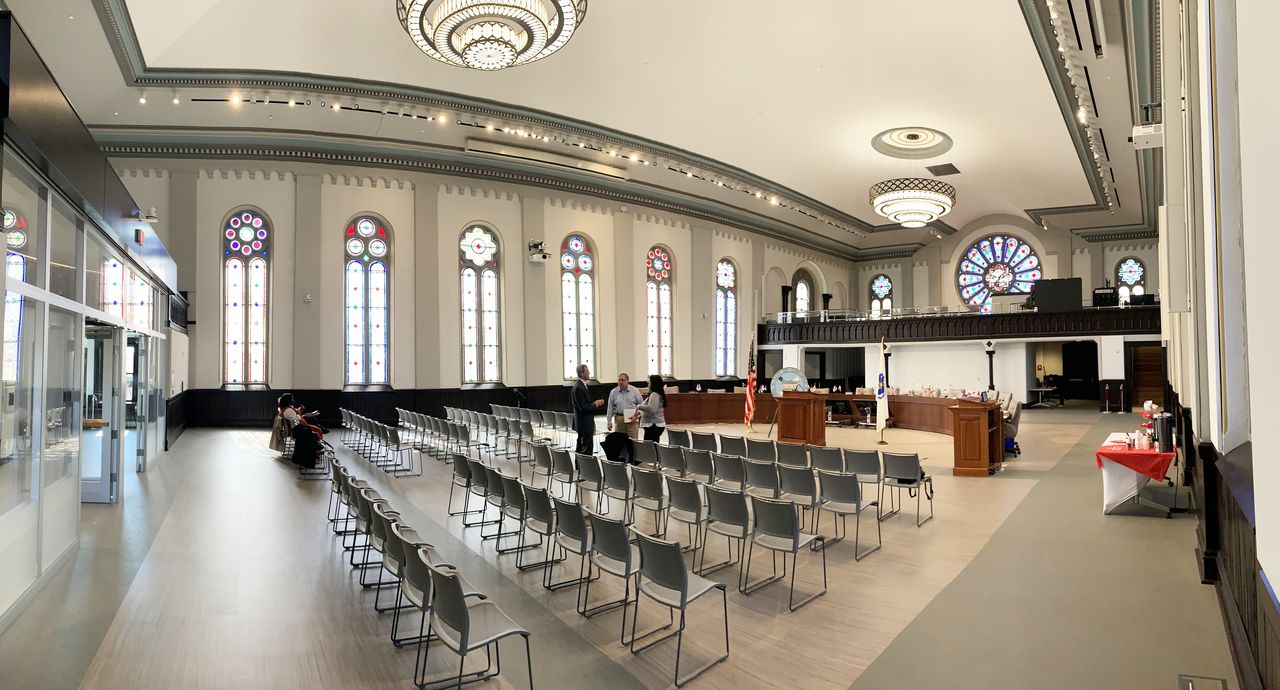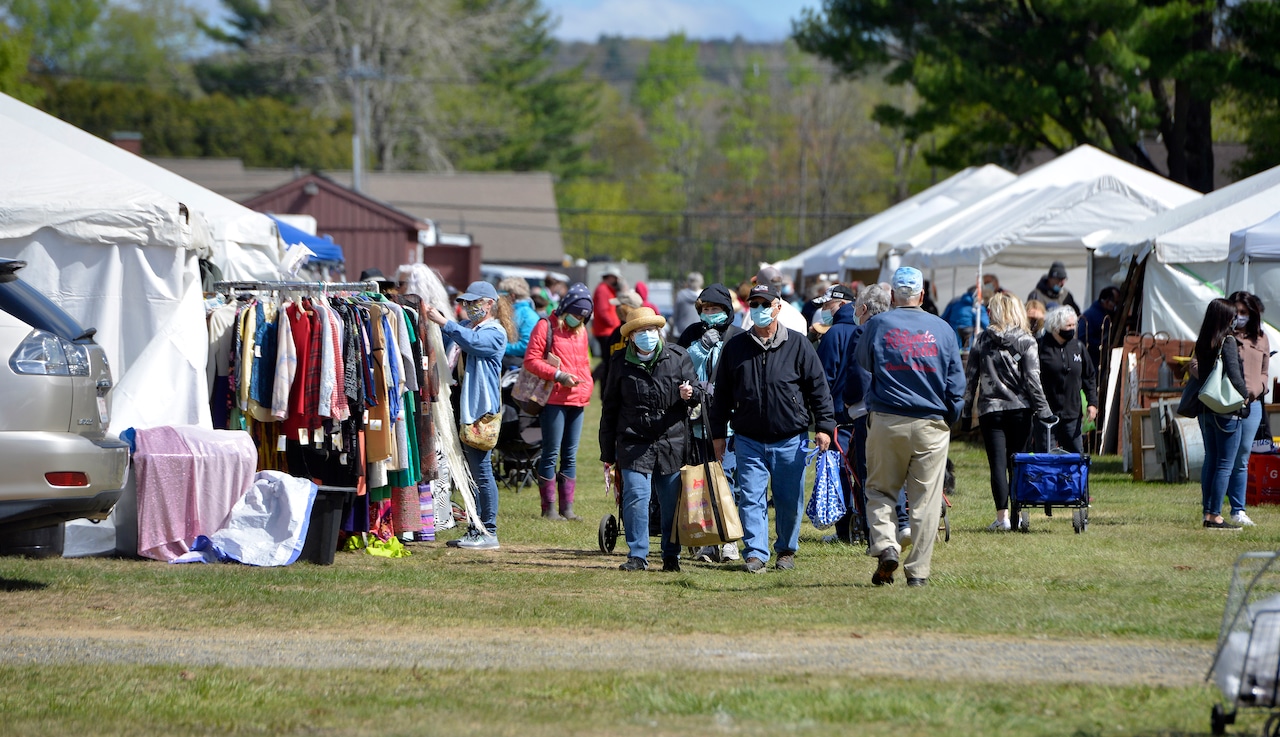
CHICOPEE — Homeowners will see an average increase of $265 in their tax bills, bringing the average single-family bill to $4,084.
The City Council voted 11-0 Monday to set the tax rate at $14.76 per $1,000 of assessed value and $31.78 per $1,000 for businesses and commercial properties for fiscal year 2024, which began in July.
The tax rate decreased by 39 cents for residential properties and by $1.05 for commercial properties from the last fiscal year. Last year, the average residential bill was $3,819, and the average commercial and industrial bill was $23,491.
The decrease in the amount of taxes expected to be paid is due to $3 million that Mayor John Vieau and councilors allocated to provide that relief, Assessor Victor Anop said at the meeting.
He said the city increased the senior exemption amount from $500 to $1,000 and increased the amount of personal property or small businesses that are exempt from $1,000 to $2,000.
The assessor also mentioned the Tax Work-Off program for veterans, who receive a $1,500 reduction in their property tax bills if they volunteer for a maximum of 100 hours.
The council denied exemptions for residential and small commercial properties.
A residential exemption would have shifted the tax burden in the residential class from moderately valued residential properties to high-valued homes.
Also, a small commercial exemption would have lowered taxes on parcels occupied by eligible businesses and shifted taxes to other commercial and industrial taxpayers.
Before the votes, Councilor Joel McAuliffe raised a cautionary flag. He said Chicopee could lose its reputation for having low tax rates if commercial development continues to decline.
Councilor Delmarina Lopez expressed disappointment in the lack of information presented about the residential and commercial exemptions, saying specifics would give councilors a better picture of how their votes will impact residents.
She said the council was promised these numbers would be made available at last year’s classification hearing.
Lopez said the city has a significant number of landlord-owned units and was skeptical about who would benefit from a residential exemption.
Anop said the residential and commercial exemptions have been voted down year after year. In a community that has a high rate of non-resident landlords, the exemption would shift the burden onto actual residents of Chicopee, he said.
As for the exemption for small businesses, he said big companies don’t want to come to a community that will tax them at higher rates.
“It’s a negative factor and that’s why the city of Chicopee has never even considered it,” he said.





